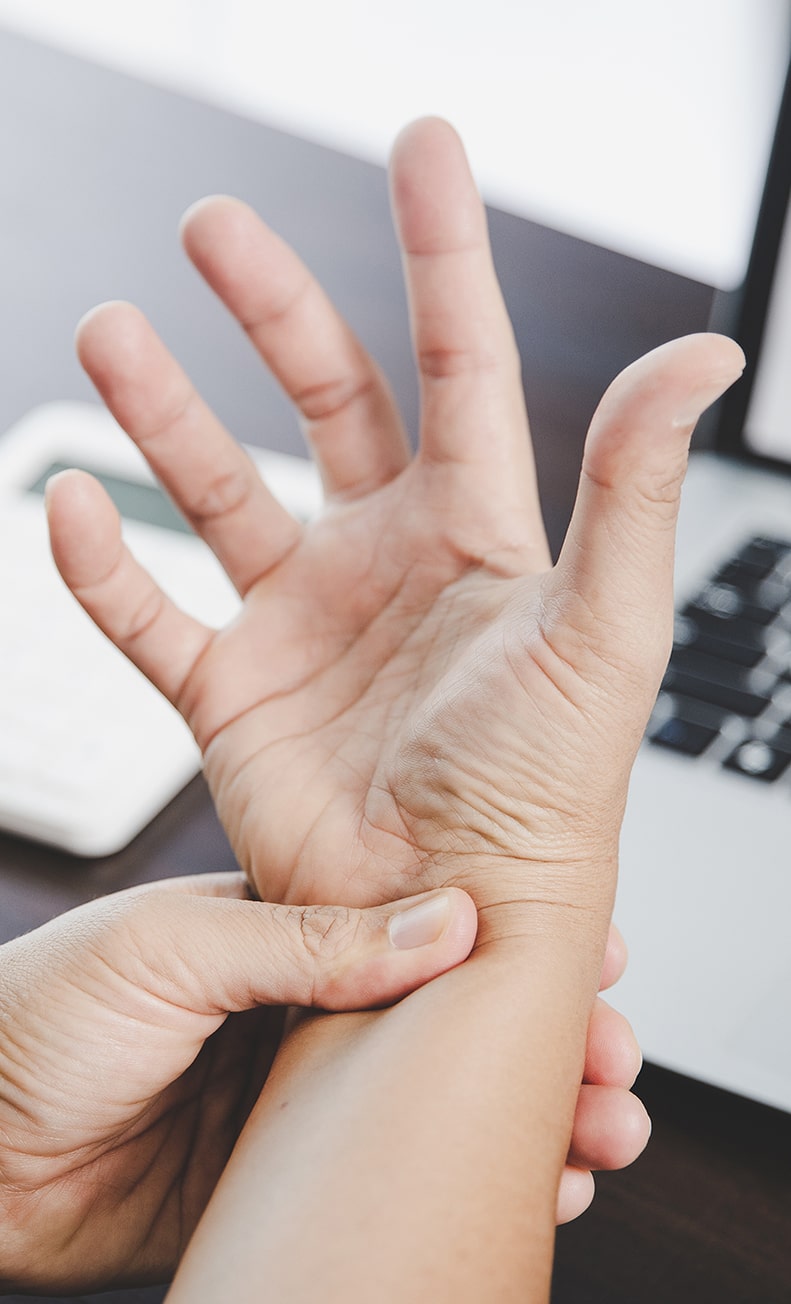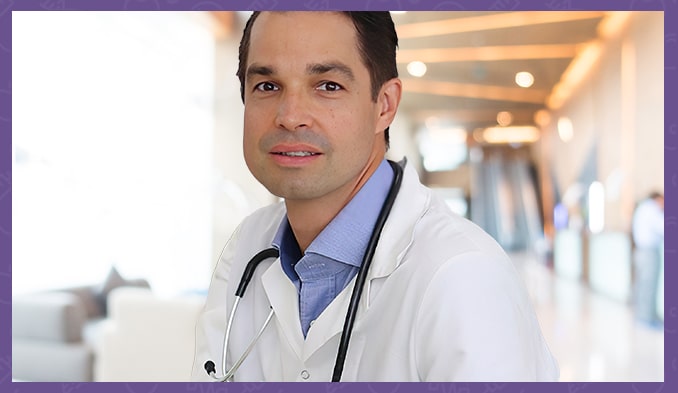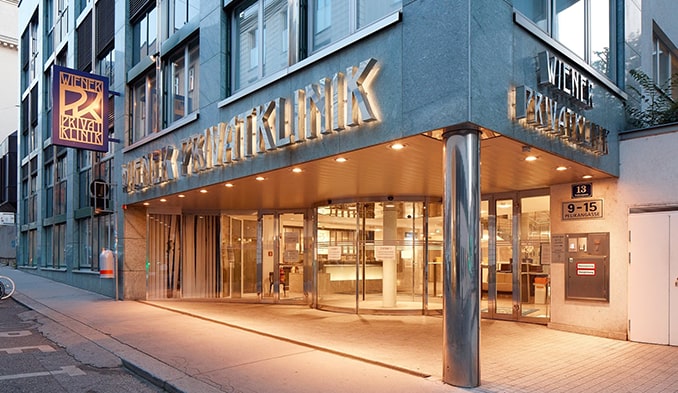1. What disease is reactive arthritis?
This is a rare disease, the development of which is observed mainly in the younger generation. Reactive arthritis occurs due to impaired function of the immune system in man due to an infection occurring in the body.
2. What are the main causes of reactive arthritis?
The disease can develop due to the bacteria yersinia, mycoplasma, and also chlamydia. They are associated with infections in different areas of the body, such as the gastrointestinal tract, respiratory or urinary tract
3. What are the symptoms accompanying this disease?
As a consequence of an infection, even asymptomatic, the patient develops signs of the disease arthritis. This condition is often accompanied by pain in the joints of the knees or ankles, but may also occur in only one joint of the body or in several joints simultaneously.
4. Could genital infections be the cause of reactive arthritis?
When infections develop in the genital area, the body's immune system is activated to fight them off. As a result of the body's immune response, this type of infection can lead to the development of reactive arthritis. This occurs when the immune system becomes overactive in fighting the bacteria, leading to the onset of inflammation. About 10% of people worldwide carry the HLA-B27 gene, which makes them more vulnerable to developing reactive arthritis after a genital infection. This type of infection can also proceed without symptom and is common in humans.
5. How can it be determined if the patient has reactive arthritis?
A urethral swab examination is necessary to make the correct diagnosis. In this way, the presence of specific bacteria in the body can be determined. Another recommended procedure is the detection of antibodies in the blood against certain bacteria. Other necessary tests include a genetic test that checks for the presence of the HLA-B27 gene in the body, a test to measure the level of C-reactive protein in the blood (CRP), a complete blood count, and blood tests (anti-ccP, ANA and rheumatoid factor) to rule out other possible rheumatic diseases. When this disease is suspected, it is important to examine the patient's renal and liver parameters. If the condition is accompanied by diarrhoea further faecal studies are ordered.
6. What is the recommended treatment for this type of disease?
To treat the disease, it is necessary to carry out a consultation with a specialist rheumatologist. At the initial stage, he may appoint the intake of anti-inflammatory drugs that do not contain steroids. When the prescribed medications do not give the desired result, and reactive arthritis is transformed into chronic, the use of glucocorticoids (strong anti-inflammatory drugs) is recommended. Depending on the specific case of the patient, the rheumatologist may also assess the need to take drugs affecting the functioning of the body's immune system.










